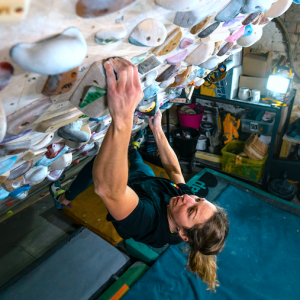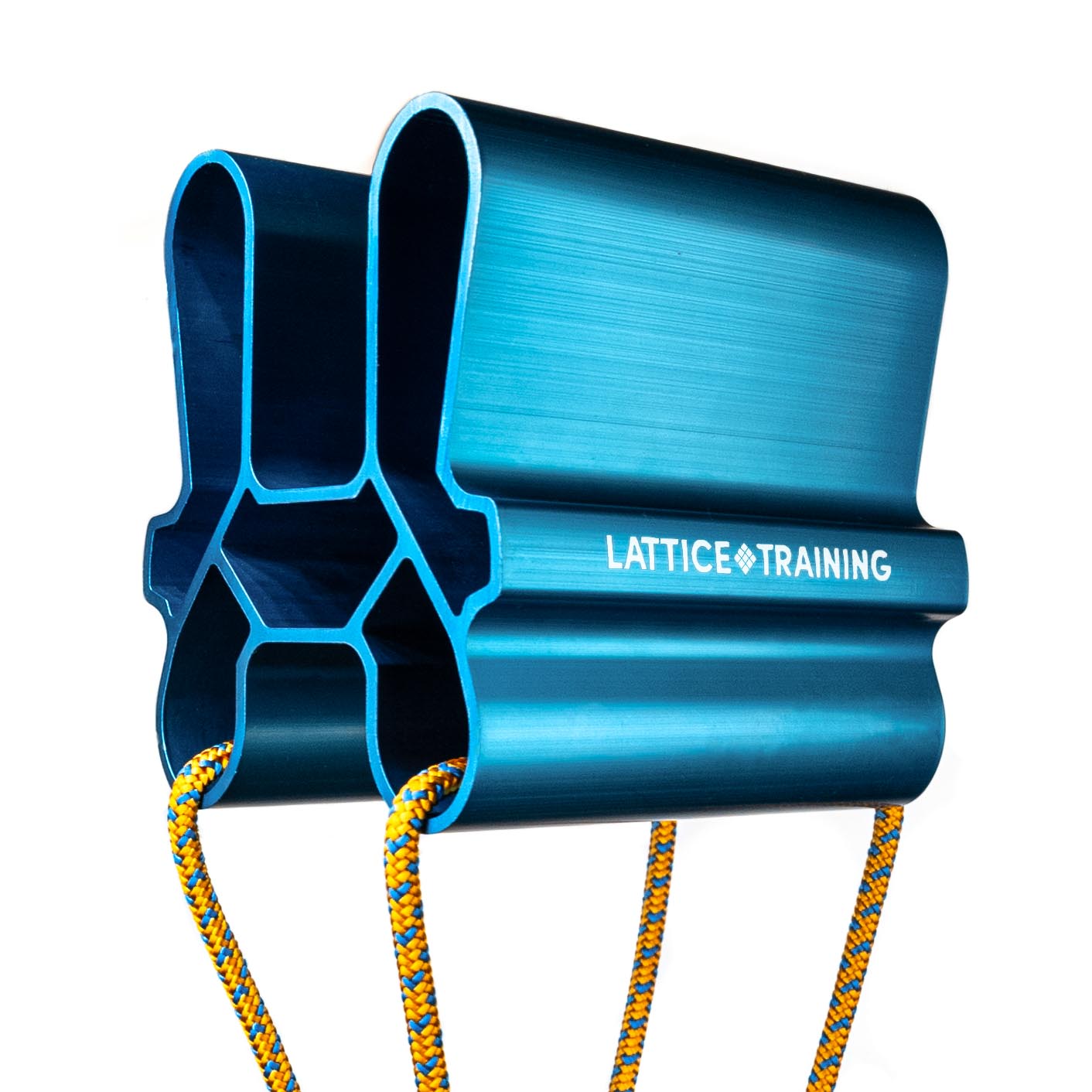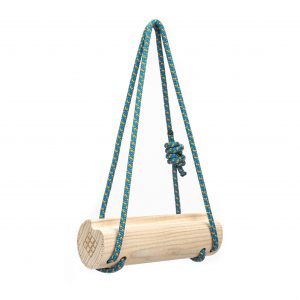Intuitive Eating
Intuitive Eating is a model developed by dietitians Evelyn Tribole and Elyse Resch in the 1990s that has steadily been gaining traction in the nutrition and health world as more and more research supports it. It’s a bio-psycho-social approach that is largely based on honouring your body’s signals of hunger and fullness, establishing basic self-care and challenging unhelpful dieting rhetoric as a road to establishing a healthy, sustainable and happy relationship with food and your body. In a world where we track, monitor and take cognitive control over most things (including our eating habits), it’s about dialling back the thinking and tuning into our bodies so we can respond appropriately to the signals they send. This model recognises that “healthy” and “top performance” will look different on different people.
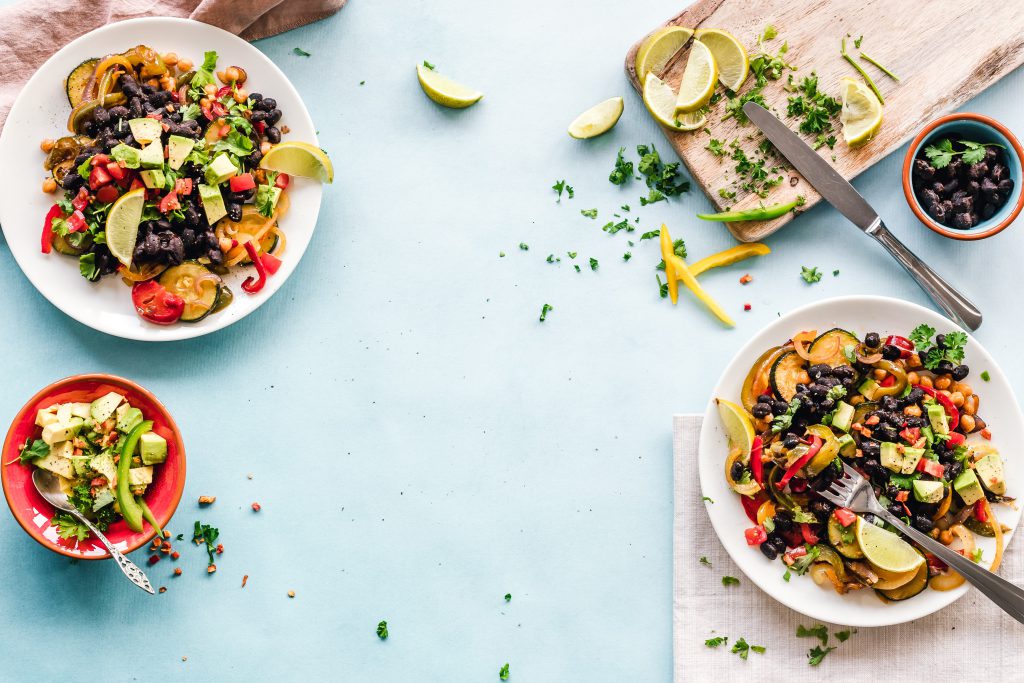
Intuitive Eating is based on ten principles:
1. Reject the Diet Mentality – In order to really stop and listen to what your body needs, we need to step out of the diet mentality. It’s really hard to be attuned to the messages your body sends when you have an overriding agenda to lose weight. This isn’t to say weight loss per se is a negative goal or unnecessary but having a strong bias for it can interfere with the process of responding to signals from your body.
2. Honour Your Hunger – This is the process of really paying attention to and responding to your hunger signals.
3. Make Peace with Food – Making peace with food is about challenging some of the ideas you have around certain foods. For example labelling some foods as “good” or “bad” and attaching a moral value to certain ways of eating. Yes, in the long term, some foods will serve you better nutritionally than others but there is also a place for foods that are considered less “healthy” as they provide enjoyment and are fine in moderation.
4. Challenge the Food Police – This is the inner voice that polices what you feel you can and can’t eat or moralises your food choices. It represents unhelpful self-talk in the context of food and your body.
5. Feel Your Fullness – Being aware of sensations of fullness is as important as respecting hunger signals. Developing this skill helps you to avoid the discomfort associated with overeating. You may find that when you respect your hunger signals consistently, overeating diminishes naturally.
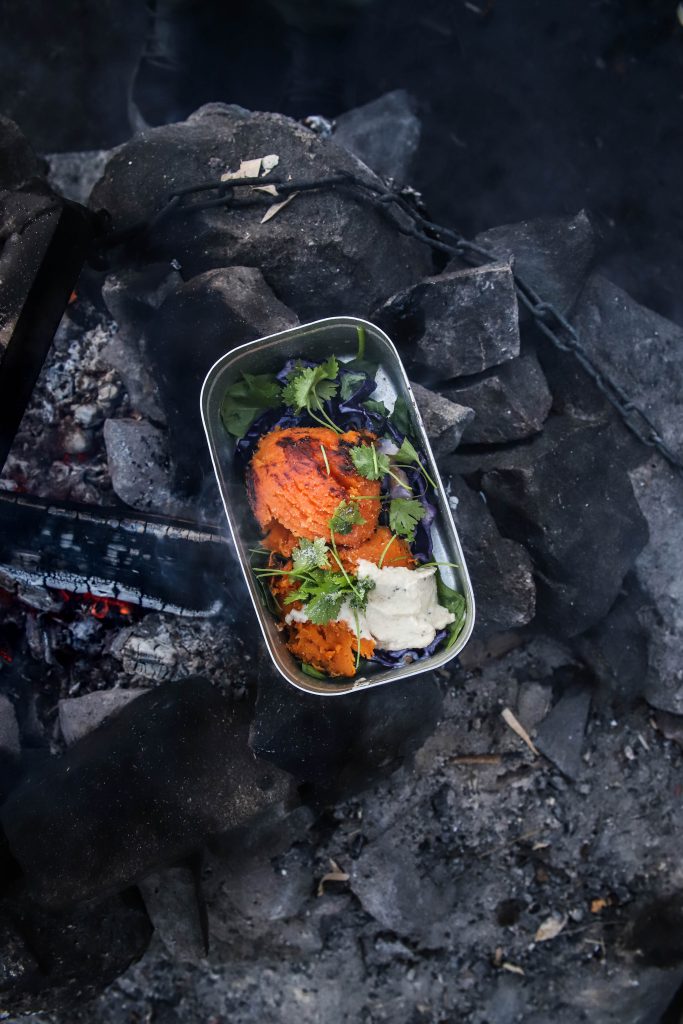
6. Discover the Satisfaction Factor – Satisfaction with food is a really crucial part of this process and it’s more than just not being too hungry or full. This element considers enjoyment, taste and experience. Valuing and prioritising satisfaction can also help to prevent over or under eating for some people.
7. Cope with Your Emotions Without using Food – Food and comfort are linked from very early in life and it’s not altogether a negative connection. Having said that, it is important not to mask emotional issues with food and to make sure that you have mechanisms outside of food to support you.
8. Respect Your Body – Respecting and appreciating your body is a hard process for a lot of people. It’s hugely empowering to work on this aspect of the Intuitive Eating process as it really highlights where some behaviours may come from. Fitting a social or sporting ideal is not always realistic and it’s important to value how well your body serves you.
9. Exercise – Feel the Difference – This is often something that climbers are already great at – we exercise and climb because we love it, not simply to change our bodies or to lose weight.
10. Honour Your Health with Gentle Nutrition – This is where nutritional knowledge and influence comes in. For the athlete or sportsperson it may be more influential and its purpose is to support your body in performance and keep you healthy.

It’s often debated whether sports nutrition and Intuitive Eating can work together. Even though this model isn’t designed for athletes in particular and has more of a general population feel to it, it is still something worth incorporating in the world of sport. Sports nutrition is about applying protocols and nutritional knowledge to support the body and optimise performance. In the context of athletic performance, Intuitive Eating falls firmly into self-care and body-attunement practices and will help to inform an athlete on the nuances of their nutritional needs.
Applying sports science knowledge to nutritional intake doesn’t negate the ability to tune into one’s body, it’s a balance and we can effectively do both at the same time. Nutritional protocols and advice are hugely helpful to performance, but they are based largely on estimates and it’s imperative to be guided by the athlete’s experience and body signals. Our bodies are dynamic and so must our approaches to supporting them be. If we think a certain day requires X amount of food but actually our hunger tells us otherwise, we should listen to that, experiment, watch how our performance changes, and adapt our protocols accordingly. The key is to use our bodily signals as a context for trying out nutritional protocols, not as something inconvenient to override. There are some cases where hunger may be suppressed due to exercise and this is one area where we may want to eat when not hungry, purely as self-care as we know that our bodies will need that support and recovery fuel.

In climbing, there is often a restriction mindset that chases the “light” physique that is viewed as beneficial to our sport. This might seem benign but chronic restriction and under fuelling can have a myriad of negative health and performance effects. Intuitive Eating is about reinstating trust and respect to our bodies and understanding that “best performance” looks different in different people and doesn’t always conform to this ingrained idea of lightness. If training is appropriate and nutrition is supportive then body composition for climbing will come.
In the intense pursuit of sporting performance, where data and assessment can be frequent, incorporating an approach like Intuitive Eating can be an anchor that helps us to develop sustainable athletes. Our bodies are clever, and they know what we need, we have to get better at listening.



